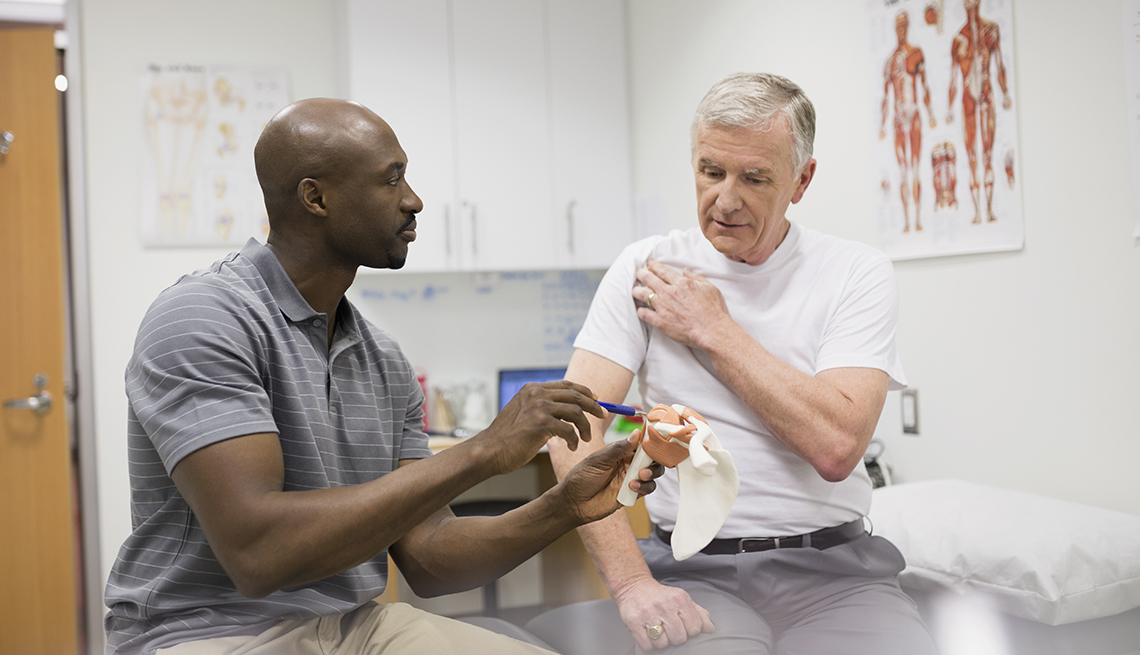Enhancing Rehabilitation Results Via Effective Practical Motion Screening Guidelines
Enhancing Rehabilitation Results Via Effective Practical Motion Screening Guidelines
Blog Article
Operational Mobility Assessment (FMS) is a valuable tool used to evaluate an individual's movement patterns. This screening aids determine any weaknesses or discrepancies in the body, which can result to injuries if not corrected. In rehabilitation contexts, FMS can play a critical role in enhancing rehabilitation results. By understanding how each individual moves, healthcare providers can design focused recovery programs that concentrate on enhancing power, flexibility, and general performance.
One of the main advantages of using FMS in rehabilitation is its capability to pinpoint particular areas that need enhancement. For example, if a client has difficulty with squatting or lunge movements, it may indicate a lack of mobility in their hips or ankle joints. This data allows therapists to formulate personalized fitness regimens that highlight correcting these shortcomings. As a result, patients are more likely to recover their strength and ability, which is crucial for returning to daily activities or athletics.
Incorporating efficient FMS protocols can also help avoid future injuries. Many damages occur due to inefficient movement mechanics or excessive use of certain muscle clusters. By evaluating individuals before they start a recovery program, Recommended Reading therapists can detect hazards and implement approaches to minimize them. Educating patients about proper mobility patterns and enhancing underdeveloped areas can lead to sustained advantages, additional info ensuring that they stay engaged and healthy.
Moreover, the use of FMS can enhance communication between healthcare providers and patients. When clients witness their movement patterns evaluated and explained, they gain a clearer comprehension of their rehabilitation process. This clarity fosters trust and motivates patients to take an engaged role in their recovery. By engaging patients in their recovery process, they are more likely to adhere to recommended activities and lifestyle changes that support better outcomes.
In conclusion, enhancing recovery outcomes through effective operational mobility screening procedures is crucial for both patients and healthcare professionals. By precisely assessing mobility mechanics, clinicians can develop tailored recovery programs that address specific needs. This not only aids in rehabilitation but also helps avoid future harm. As patients become more involved in their recovery process, they are likely to achieve their objectives and sustain a healthy, engaged way of living.